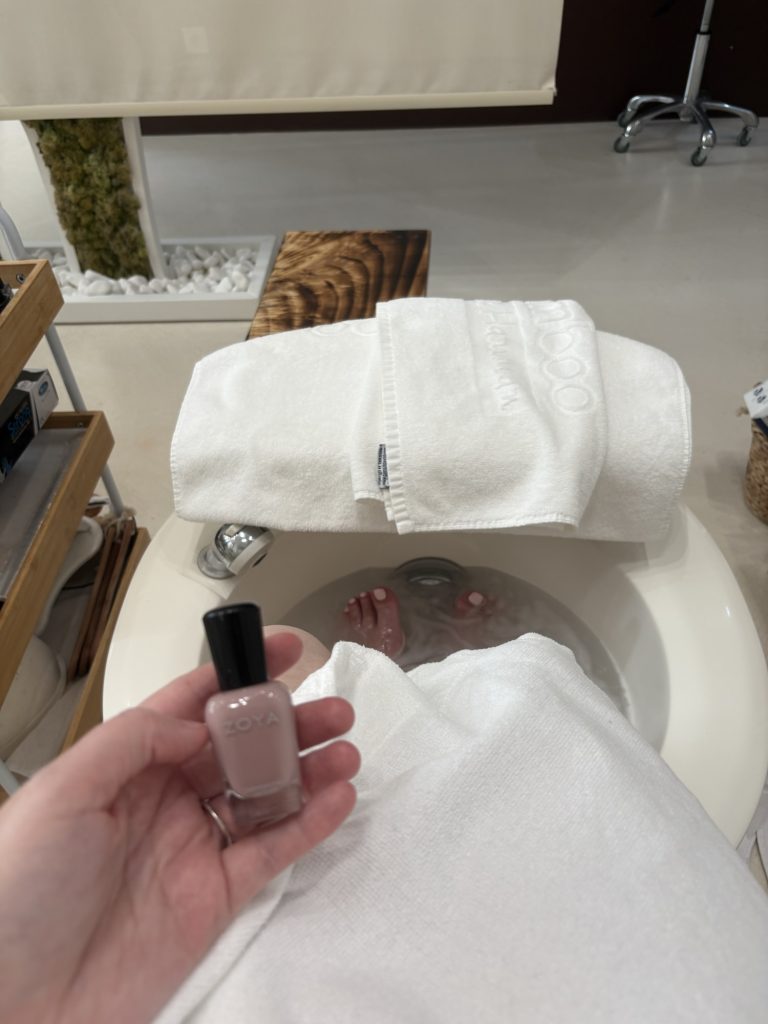And so my fourth year of writing every single day in public comes to a close. I choose to comb through each post by hand to give a round up. I could employ artificial intelligence to give a synopsis and I have run my writing through several AI models.
Still I find it helpful to do the rote work myself. You can see my 2023 round up here. If you’d like further back here is my 2022 round up. And my first year round up is 2021
I felt as if my writing this year was more variable in length, depth & insight but that’s more feeling than fact. It don’t know if I feel like I did my best work this year.
And yet I still found narrowing it down to 50-60 odd posts to be a challenge. I can’t tell if that means I need a new format, a change of pace, or a change in expectations. Maybe it’s fine to keep going and see what happens. As we head to into 2025 feel free to have a look at my 2024. Let me know if you like what you see.
Emotional Work
Day 1449 and Self Deception
Day 1416 and Lagom
Day 1381 and Radical Responsibility
Day 1236 and Art of Accomplishment
Day 1197 and Experiencing Excellence
Day 1149 and Time to Get Offline?
Day 1119 and Capacity for Presence
Day 1107 and Happy Birthday to Matt
Subcultures & Cultural Commentary
Day 1448 and LARPing Ourselves to Death
Day 1441 and The Circuit of Power
Day 1431 and Faking Autism for Clout
Day 1410 and Luxury Content After Institutional Failure
Day 1341 and Class Consciousness
Day 1328 and Weebs as Social Elite
Day 1259 and Cooler Than Me
1232 and Millennial Crab Bucket
1176 and Verner Vinge’s Legacy
Day 1121 and Changing Political Alignments in Young Men
Chaos Energy
Day 1427 and Friction in The Systems
Day 1421 and When Crypto Clashes with Open Source Artificial Intelligence
Day 1417 and Pareto Optimal Skincare
Day 1398 and Overstimulated Nerds
Day 1393 and Babylonian Memetic Death Cults
Day 1386 and Goatse Singularity (safe to click) and Day 1391 Hyper Object Lesson and Day 1387 Singularity Lore
Day 1303 and Toaster Fucker Problem
Day 1297 and Crypto Libertarians in the Age of Anarcho-Tyranny
Day 1173 and Autism Services
Politics
Day 1425 and Doorknockers & Montana’s Senate Race
Day 1405 and America is Speaking
Day 1403 and Legible Political Opinions
Day 1415 and Sliding off The Board
Day 1422 and Material Conditions
Day 1356 and Sick Sad World
Day 1322 and You Can Just Do Things
Day 1315 and Ratfucking Season
Day 1291 and Political Violence
Day 1212 and Being One of Many
Day 1152 and Sunsetting The Boomers
Day 1142 and Come See The Violence Inherent in The System
Day 1103 and Don’t Talk Yourself into Regression
Biohacking
Day 1409 and Red Lights
Day 1290 and Covid Experiment with Nicotine
Day 1168 and Inner Monologue & Meditation
Day 1114 and Zoomers Aging Faster
Day 1107 and Polar Vortex
Goods and Services
Day 1388 and Take Good Care
Day 1362 and Hilux Drip
Day 1342 and SKU Bloat ZIRP
Day 1289 and The Discontinued Pant
Day 1263 and Hoe-flation
Day 1228 and Cotton
Day 1123 and Zombie Media
Day 1118 and Becoming a Distrustful Shopper
Startups
Day 1376 and Q324 Investor Update
Day 1363 and Landfill Apps & 10xing Code
Day 1347 and Economic Paternalism
Day 1320 and Becoming “You-er”
Day 1296 and H1 Investor Update
Day 1251 and Other People’s Labor
Day 1245 and AI Tooling
Day 1230 and Alignment is Consensus
Day 1172 and Inference is Up
Day 1145 and Founder Vitality


